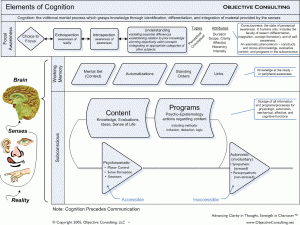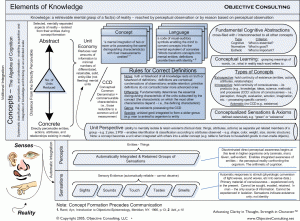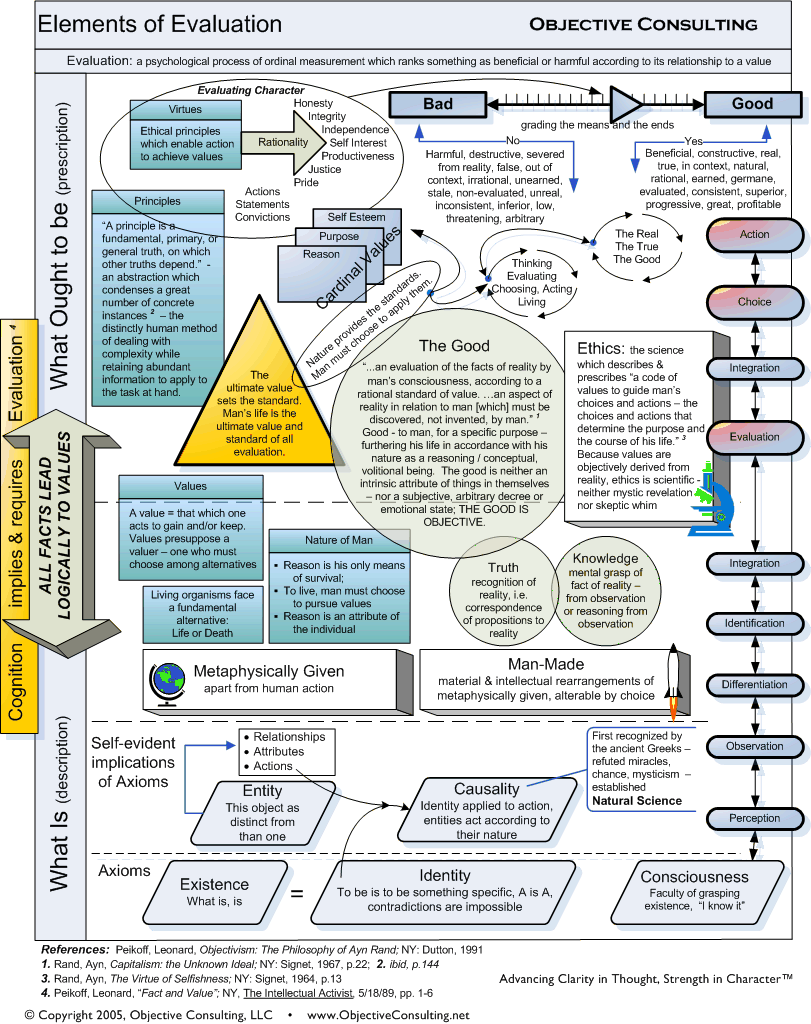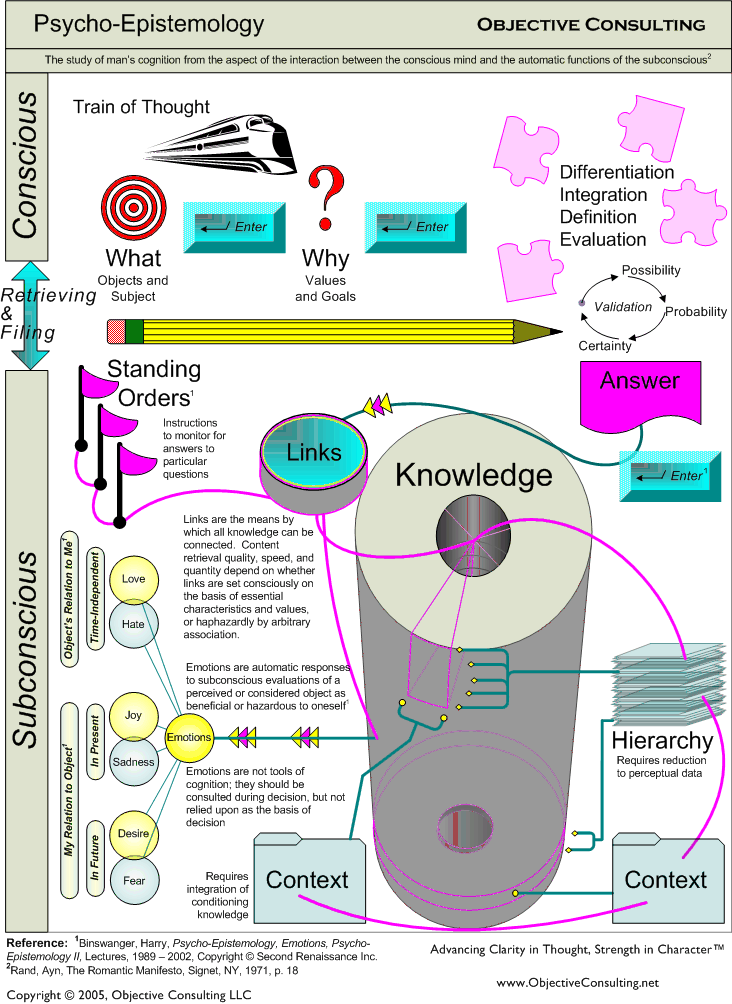On this page you will find:
- Selected Publications by Peter Murphy
- The Sciences of Knowledge & Cognition
- Business & Leadership Thought
- Economics
- Invitation to Strategic Capitalism
Selected Publications by Peter Murphy
Where Have All the Capitalists Gone?
Book Review, Oct. 13, 2021
Covid Death Decline Deniers
Blog Post, Nov. 24, 2020
Buffett Won The Bet – and Missed The Point
Blog Post, Oct. 22, 2018
What You Know Depends on How You Know
Blog Post, June 1, 2017
Yield Curve Bashing – The Latest in Fake News
Blog Post, May 8, 2017
Forecasting the Effects of Tax Cuts: Keynesian GDP vs. Saysian BOG
Blog Post, April 26, 2017
Trump Executive Orders: Bump or Jump?
Blog Post, March 17, 2017
Intentional or Not, “Fake News” Threatens Returns
Blog Post, December 22, 2016
A New Era of Candor at the Fed?
Blog Post, December 15, 2016
Supply-side methods to forecast Trump’s supply-side policies
Blog Post, November 21, 2016
Trump Promises Protection From Bogeyman
Blog Post, November 14, 2016
Say What?
Blog Post, November 11, 2016: An example of how Wall Street commentary is rife with drivel – jeopardizing returns and squandering investors’ precious time and head space.
Stop Cannibalizing Shareholders
Letter to the Editor
published in Harvard Business Review, November 2009
Fuel for the Fire: Character is the Source of All Values
Letter to the Editor
published in Fast Company, November 2004
Complexity Requires Thinking in Essentials
Why effectively communicating the merits of an investment to prospective investors is a difficult, but necessary achievement.
The Sciences of Knowledge & Cognition
Fundamentals of objectivity for advanced business leadership
A general understanding of cognition will enable you to dramatically increase your ability to think, evaluate, and create.
Contradictions can only exist inside the mind – never in external reality. And because consistent success in the world requires that we act on our knowledge, we first need to determine whether our knowledge is true or false. Automatize your use of these essential criteria, and see a quantum leap in the efficacy of your decision-making!
Contrary to what many of us have been taught, healthy values are neither subjectively based on whim, nor dogmatically based on revelation. The greatest leaders recognize this implicitly. Learn how to make your evaluations explicitly objective, and watch your progress soar!
Consciously managing the filing and retrieving interactions between your conscious mind and the automatic functions of your subconscious is the most powerful tool of all – enabling you to check premises, extricate errors, expand erudition and increase both the speed and scope of your value creation.
Business & Leadership Thought
Ideas influence business decision-making
Case Study: C-level and Director Hiring
Two out of every five new CEOs now allegedly fail in the first 18 months. Popular but flawed reasoning is the primary cause. This one-page analysis dissects one of the root fallacies (here, from the Harvard Business Review) and indicates some new premises which many of today’s Boards and top managers need to adopt and strengthen.
Business Trichotomies
False alternatives and their solutions in hiring, leadership, teamwork, profits, performance evaluation, money, markets, competition, conflicts of interest, etc.
Economics
The science of wealth creation, trade and markets
Nobel Prize for Economics Rewards Voodoo, Not Science
by Richard Salsman, CFA
“In arguing their theme of market failure — and codifying it in policy — this year’s laureates gleefully point to those economists, ostensibly their opponents, who claim that perfection in markets requires each participant to be omniscient or at least to be as informed and as smart as others they trade with… All we’re seeing is one false theory of markets (perfection, based on arbitrary premises) serving as a foil for another false theory (the imperfection of markets)…
“For investors, the lessons should be clear. For good or ill, economic policy and foreign policy have a major influence on portfolio returns. Their top-down impacts usually dwarf the effects of bottom-up factors.
“To be successful, you have to know clearly whether to classify economic and foreign policies as bullish or bearish.” Part 2
Rational Pessimism: The Choice Between ‘Irrational Exuberance’ and ‘Irrational Pessimism’ is a False Dichotomy
by Richard Salsman, CFA
“Just as markets were accused of ‘irrational exuberance’ a few years ago, now they’re being accused of ‘irrational pessimism.’ But in both cases, the market’s sentiments entail realism, and are entirely justified.”
Invitation to Strategic Capitalism
For more on the art and science of business – including current issues in economics, political philosophy (especially the as yet untried system of capitalism), and ethics (especially validation of the profit motive) – visit our upcoming website, www.strategiccapitalism.com



